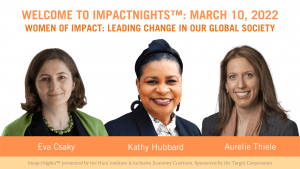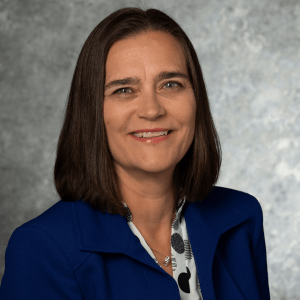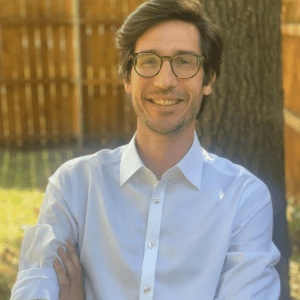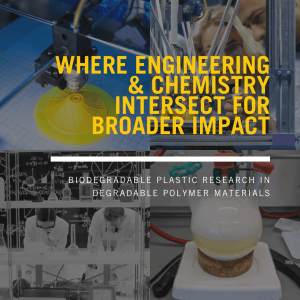In celebration of Women’s History Month, Hunt Institute hosted its first in-person event of the academic year on March 10, titled “Women of Impact: Leading Change in Our Global Society.” The event was attended by about 40 guests and is the latest installment in HI’s ImpactNights series, designed to build awareness, collaboration, and empowerment to lead change in a global society.
Led by Dr. Eva Csaky, Executive Director of Hunt Institute, and Corrie Harris, Assistant Director at Hunt Institute, the event celebrated the impact of women in all areas of society through academic achievement, philanthropic contributions, environmental work, community outreach efforts, and more.
Women of Impact featured a range of leaders in STEM, climate-smart, and DEI spheres, including Kathy Hubbard, a Hunt Institute Fellow and Assistant Dean for DEI at SMU Lyle School of Engineering; Dr. Aurelie Thiele, a Hunt Institute Fellow and Associate Professor of Operations Research and Engineering Management at Lyle; and Dr. Candice Bledsoe, a Hunt Institute Fellow, the Executive Director of the Action Research Center, and the founder of the Collective.

The event was broken into three sessions covering important topics like climate-smart economic development, diversity and inclusion, and decision-making through robust optimization.
“We talked a lot about the different risks people face in their business or area of expertise, and about robust optimization and scenario planning that can help them mitigate the risks they face,” said Dr. Theile, who led a session on making decisions under highly uncertain circumstances. “It’s so impressive to see the projects people have come here to do in the DFW area. You get people from different backgrounds who love talking to different people. There were some very interesting conversations.”
Jared Helmsberger, a Master’s student in sustainability at SMU, participated in Dr. Thiele’s breakout session. “It kind of touches on game theory, which is super interesting to me. It really does come back to the smallest social aspects of all these different things and how the small interactions can empower people to completely change their approach to life. Even in small conversations like this, you can pick up so many small things about how everyone’s operating within the same framework. It can change your whole perspective.”
Leroy Ahwinahwi, a Master’s student at SMU in engineering, said his favorite thing about ImpactNights is being able to hear multiple people from different backgrounds and experiences speak about their passions. “They are able to connect and inspire, which could lead to potential future collaborations.”
During these uncertain times, the ImpactNights series is committed to discovering and embracing stories of women who inspire, empower, and demonstrate resilience even in the most challenging situations.
Follow us on Eventbrite to stay informed when the next ImpactNights™ session is scheduled.
Written by Chris Kelley with contributions from Bri Flores
Photos by Bri Flores
To read more about the Hunt Institute’s work to develop future-focused solutions to some of the world’s biggest problems, please click here. For the latest news on the Hunt Institute, follow our social media accounts on LinkedIn. We invite you to listen to our Podcast called Sages & Seekers. If you are considering engaging with the Institute, you can donate, or sign-up for our newsletter by emailing huntinstitute@smu.edu















